Buying my first camera was such an excitement-filled event. The last thing on my mind was how I was actually going to learn to use it. I figured I’d wing it since I didn’t have a mentor, adequate training or prior experience. I just knew photography was something I wanted to do.
Fast-forward a few years and I’ve grown as a photographer. I won “Photographer of the Year” in a local club and had photos featured on nationally-renowned websites.
Looking back at my journey, I compiled the top ten things I learned. Hopefully, this will make your journey a bit easier.
1. It’s an investment
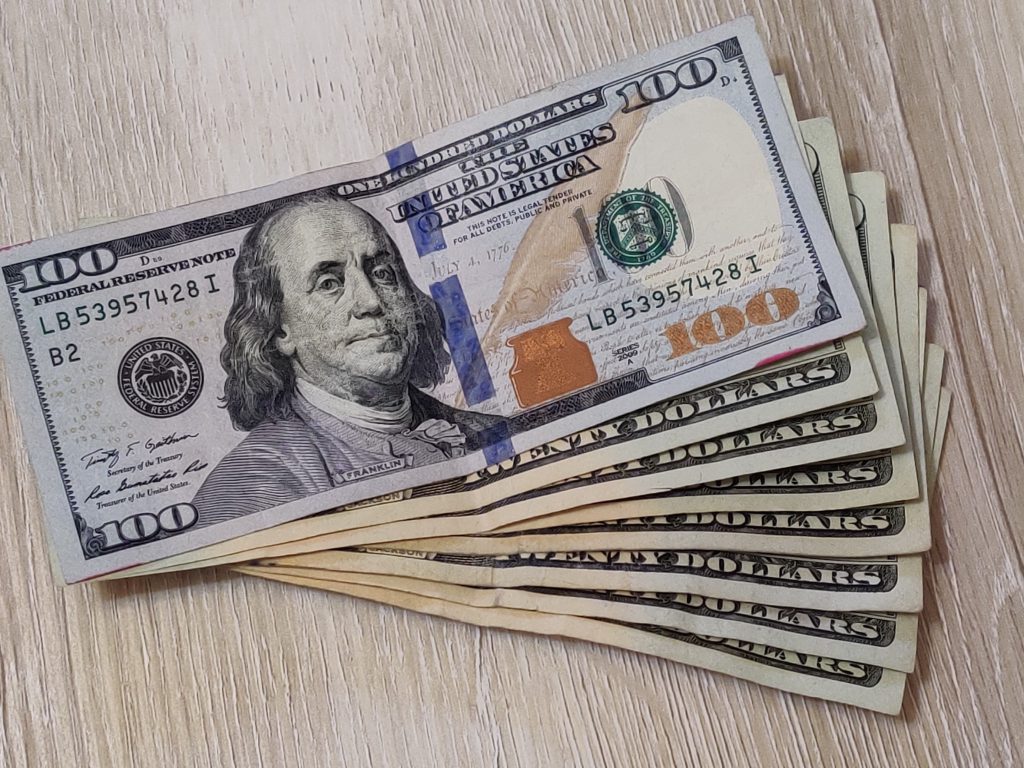
Camera prices range from a few hundred dollars to several thousand dollars, but the expenses don’t stop there. I started with a $500 Panasonic Lumix G7 and figured that would be it. Then came lenses, tripods, accessories, etc.
Understand that photography is a hobby that requires various products. It’s not just the camera and lens, but much more than that. All these products cost money. There’s no need to dive head-on into purchasing all these products, but understand that your camera and lens is just the starting point and if you stick with this hobby, you’ll eventually need more gear.
Don’t worry as there’s a huge market for pre-owned lenses. There’s sites like KEH that sell pre-owned gear as well your local Craigslist and FB Marketplace.
2. Kit lenses limit you
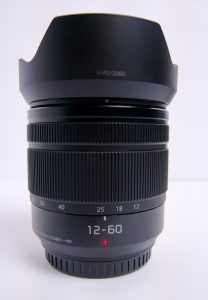
Kit lenses refer to the beginner lenses bundled with cameras. They are given this name as it comes part of the camera kit. Typically they have higher f-numbers like f/3.5 which can limit you to well-lit environments.
The higher these numbers, the more light you will need on your subject, unless you’re going for the dark look. The lower the numbers, the less light you will need around your subject.
I recommend starting with a 35mm or 50mm (with low f/numbers, ex 50mm f/1.8) in addition to your kit lens. To get comfortable with these lenses, try shooting exclusively with them for several weeks.
You don’t need to dive into buying all the low-aperture lenses, but having at least one in your collection will give you a light advantage over the basic kit lenses.
3. Exposure is the main concept

I still remember the first time I modified my camera dials to change the shutter speed, ISO and aperture. My mirrorless camera has an Electronic View Finder so I could see how these factors immediately affected the final image. It was at this moment that a light went on in my brain – because I finally understood exposure and why it was a big deal.
You see that modifying exposure means controlling the exact image you want. Each of these three factors affect the amount of light on the subject. Once you learn exposure and get confident using it, you will advance leaps and bounds.
4. It takes time
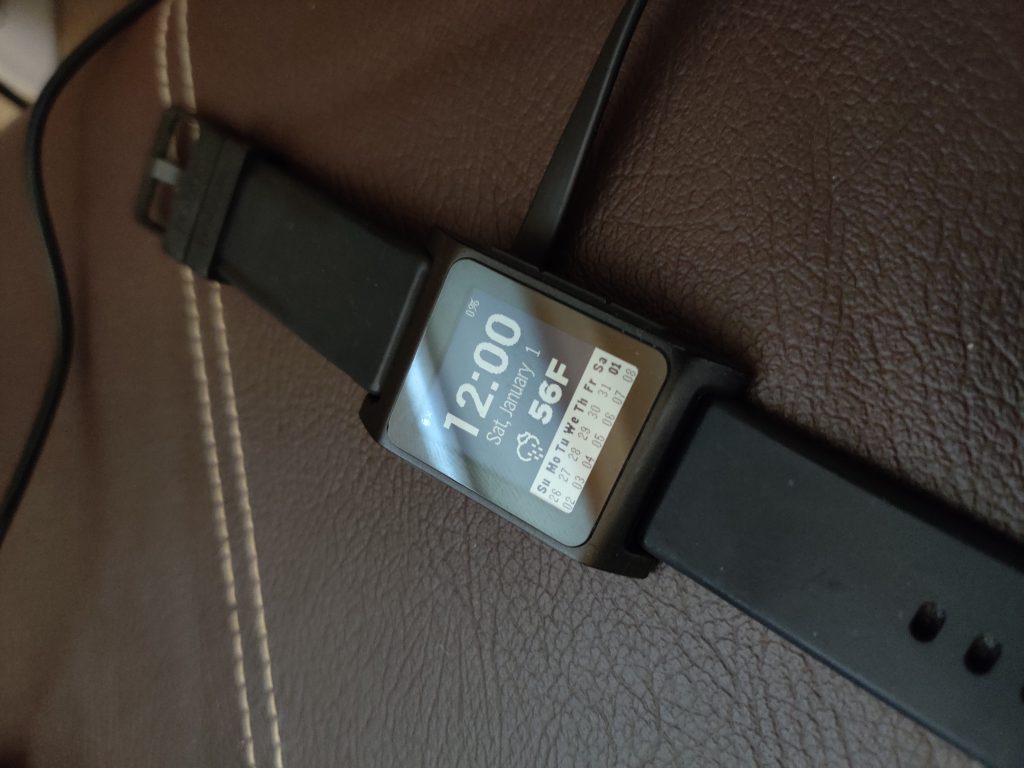
When I first got my camera, I couldn’t put it down. I took it everywhere with me. Family events, vacations, and even walks in the neighborhood.
The reality is that buying a camera won’t make you a good photographer. The pictures you take five years from now will hopefully look better than the pictures you take today. Photography is an art and it takes time to craft those skills.
I recommend you take your camera everywhere, learn ALL the settings and build your confidence with practice. Remember your camera doesn’t make the photos… it’s you and your skills you apply through your camera.
5. Technical skills help
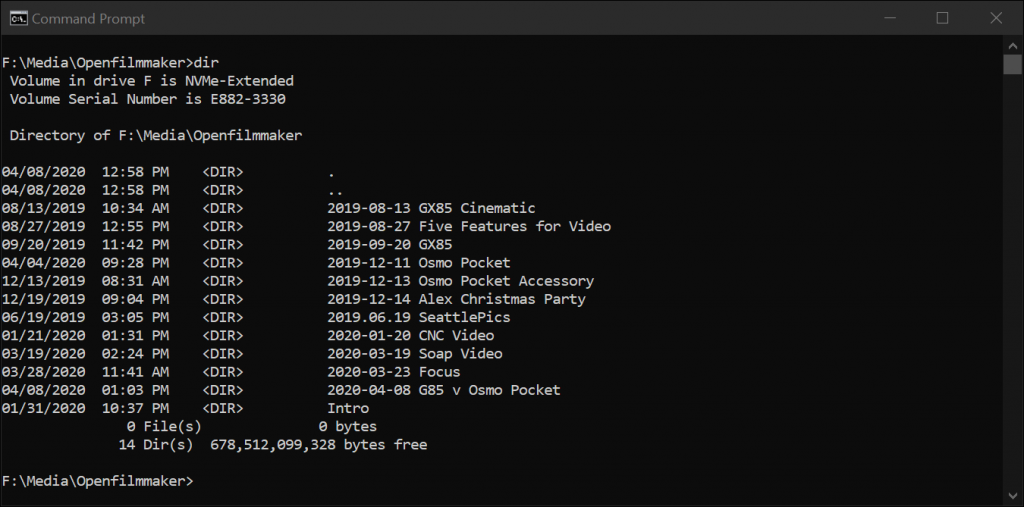
Have you ever organized the files on your computer? Well get ready to put those skills into use. Photography doesn’t end at the shutter button. A lot of time and effort is spent after the photo is taken. This is where technical skills come in use. Whether you’re using Photoshop, ACDSee, Lightroom, etc, technical skills will make it easier for you to organize and edit your photography. There’s a lot of clicking, dragging, using menus, exporting and much more. Having technical skills will only take you further.
6. You’ll see things differently
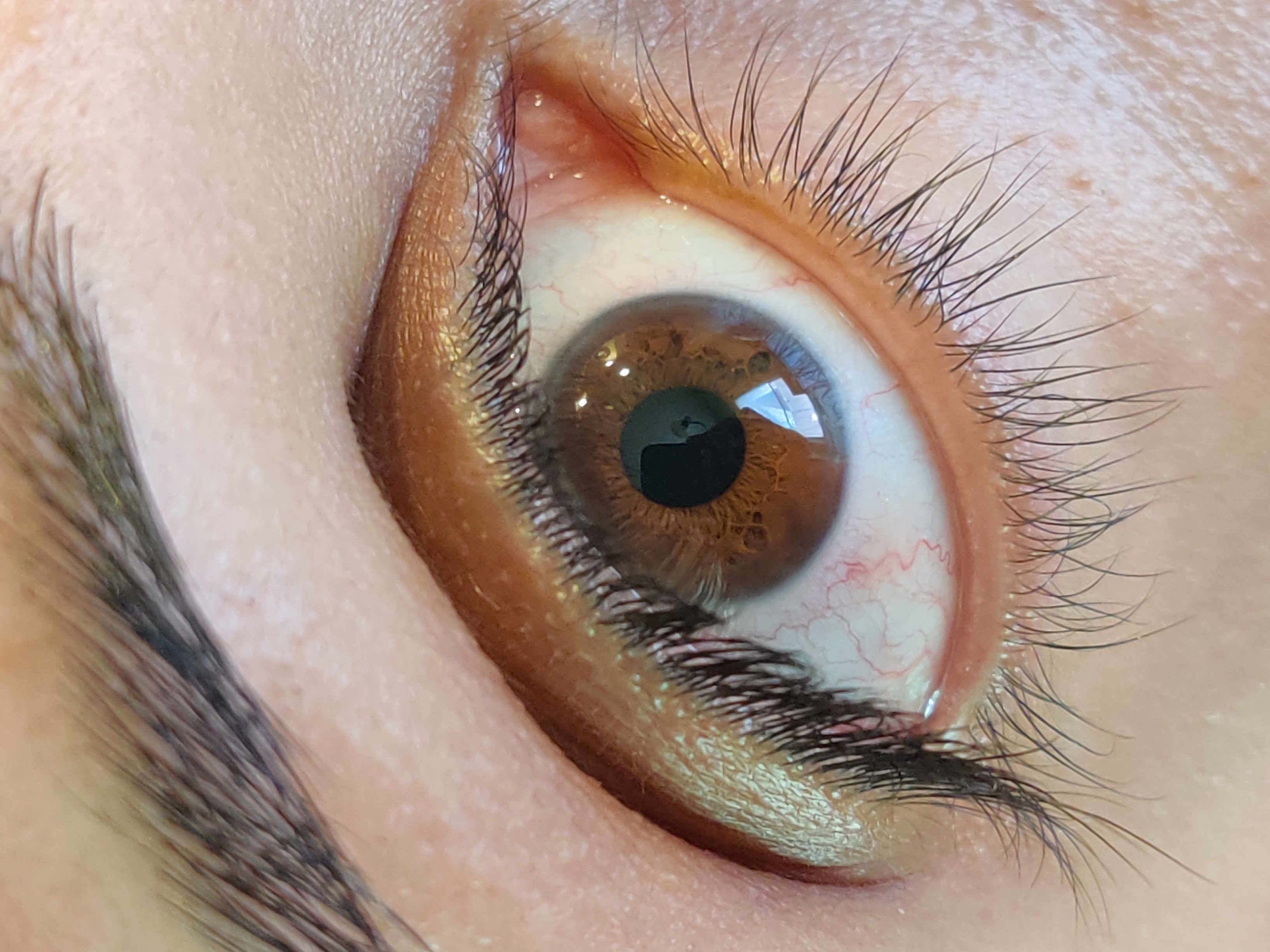
After learning exposure, I started looking around and noticing how light affected the environment. Today, even before I look through the viewfinder, I have a general idea if the light needs to be modified. This only happens through practice and experience.
I can see images and notice color temperature (white balance), where the light source was in an image, and much more. The more you work with your camera, the more you understand how lighting effects your image. Eventually this will improve your vision to a point where you’ll see things differently.
7. First, learn all the rules…

When I started photography, I had no clue there were repeating themes that were used to make a pleasing image. There’s many photography principles that help you do just that! I’ve listed several here and by no means is this a comprehensive list:
- Fill the frame
- Rule of thirds
- Composition
- Depth (3Gs: fore-ground, middle-ground, back-ground)
- Movement through shutter speed
- Depth-of-field
This is small list to get you started, but learning these will only improve your photography. First learn all the rules… and then break them!
8. Find your community
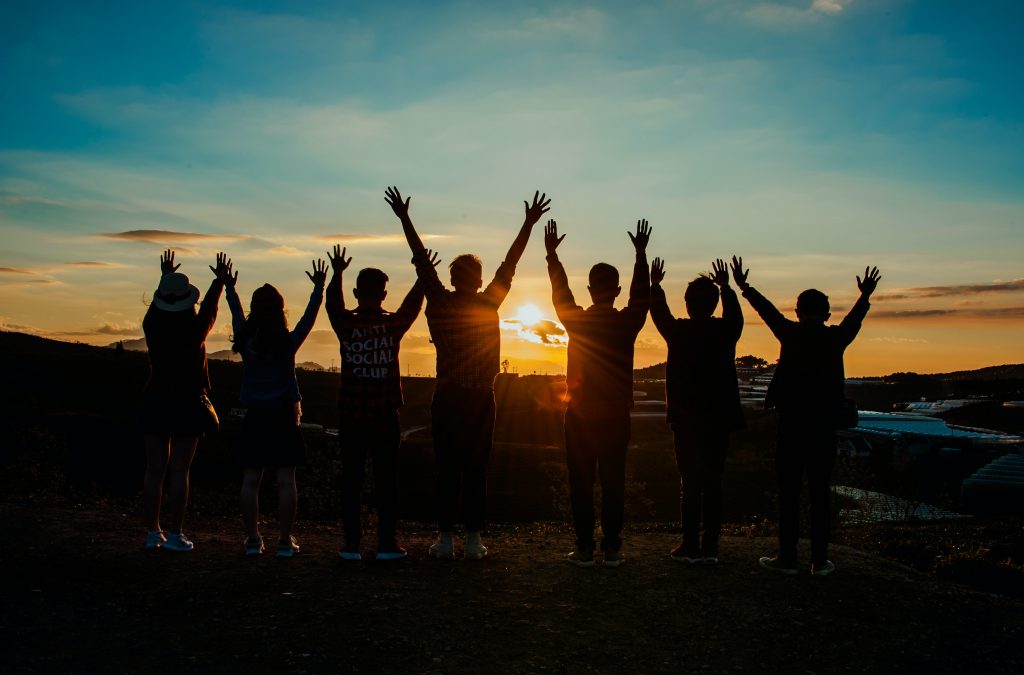
Learning photography doesn’t have to be something you do alone. I joined a local photography club and it really took me further. It allowed me to enter monthly competitions and having my images critiqued helped me improve.
I also joined many YouTube channels and bookmarked several popular photography sites like OutdoorPhotoAcademy by Jim Hamel.
The takeaway here is to find your community, talk about photography and learn from each other to go further.
9. Respect the craft

There’s a lot of arguments on the internet about sensor sizes, lenses, camera brands, mega pixels, etc. Winning an argument won’t make you a better photographer and you waste precious time that could be spent improving your skills.
Photographers spend years and months into their work. Respect the craft and the time others have put into it. If you’re asked to provide feedback, be respectful and constructive.
Every day, someone new picks up a camera with the intention of becoming a photographer. Keep your distance from those online arguments and cultivate an environment that’s friendly to the new photographer.
10. Make it fun!
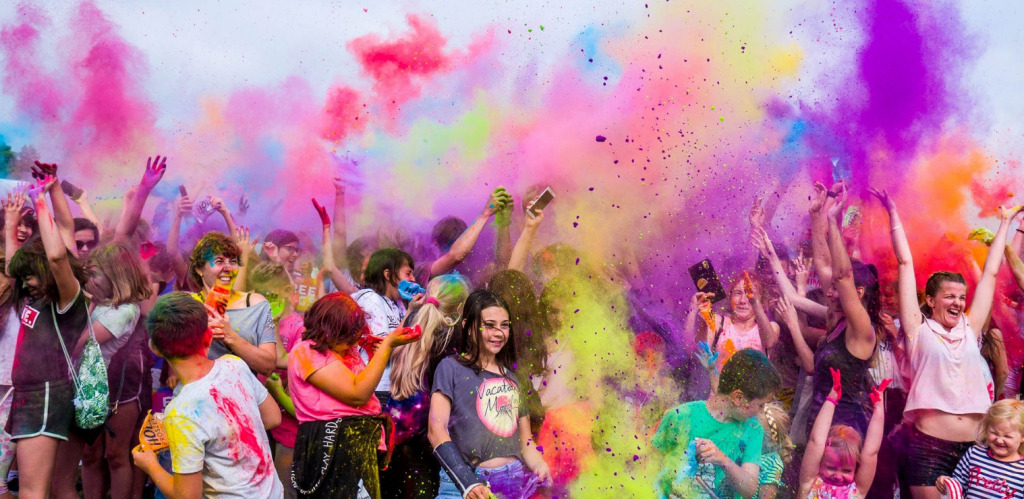
Are you frustrated with your camera? Photo editor? Your skills? Then take a break from it and come back another time. Photography is meant to be fun – not frustrating!
If you’re photographing other people remember you’ll transfer your energy to your subjects. Be happy and you will get better poses from them.
Remember to enjoy the ride, have fun, and click away!
The best beginner camera
My favorite part of photography is how much there is to learn. I still remember the anxiety before purchasing my first camera. I must’ve spent at least three weeks researching it. While I went with the Panasonic Lumix G7, if I had to recommend a beginner camera now, I’d recommend the Panasonic Lumix GX85 along with the 25mm f/1.4, the 15mm f/1.7 and the 42.5 f/1.2 lenses.
While there are newer cameras, I believe this camera with two lenses is the best value camera in 2020. See the video below for more details.
Agree or disagree? Let me know in the comments below and thank you for reading!
[…] of OpenFilmmaker.com, where he blogs about photography and film. Go there to see the rest of this article, including comments about his photography […]